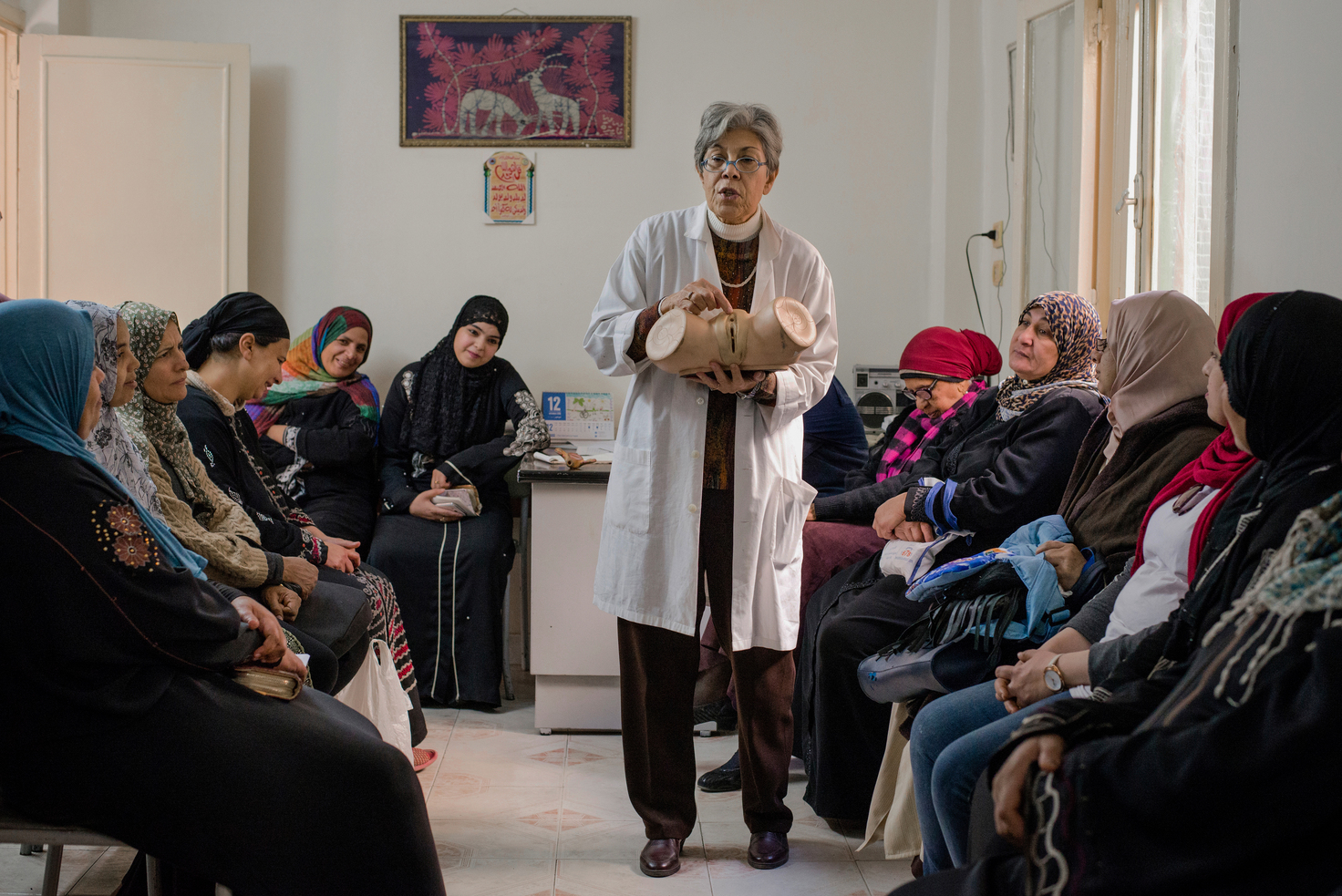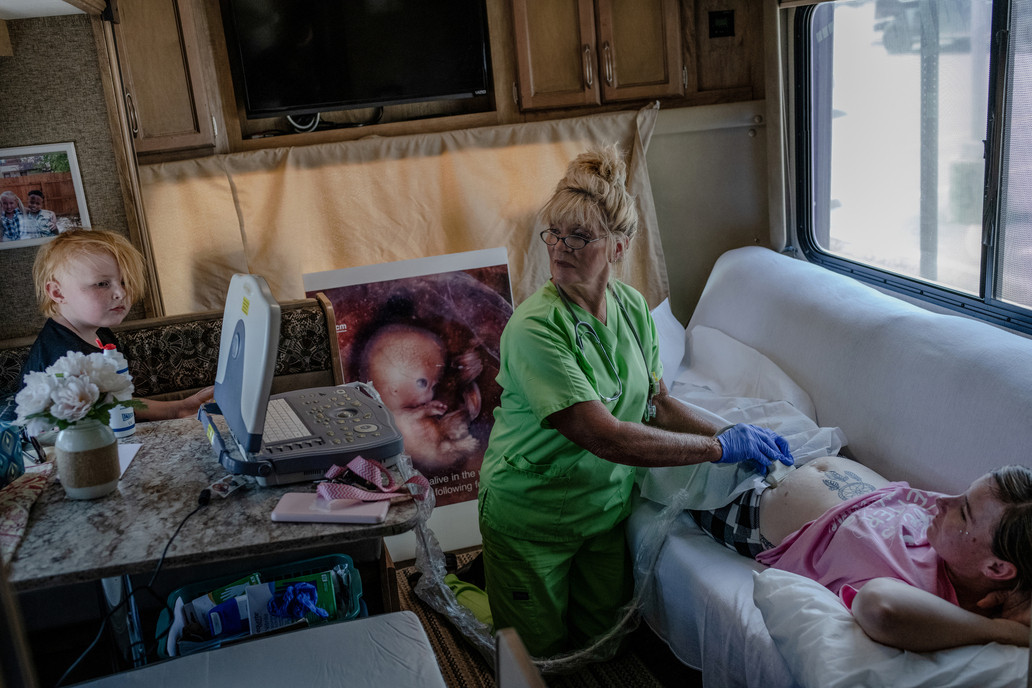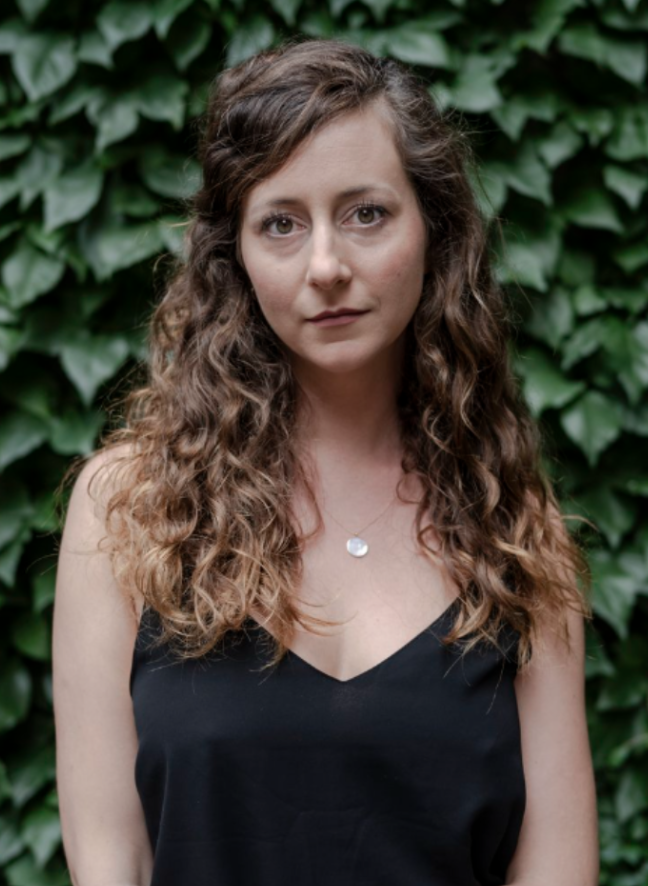Around the world, about 130 women die daily due to unsafe abortions. Annually, another 7 million are injured or permanently disabled. According to WHO, unsafe abortion, the only fully preventable cause of maternal mortality, still accounts for up to 13% of all maternal deaths globally.
Statistically, 1 in 3 women has an abortion in her life, regardless of race, religion, or social status. Safe abortion access has been established as a human right by numerous international frameworks, the UN Human Rights Committee, and human rights courts in Europe, the Americas, and Africa. Yet, across the developed and underdeveloped world women are stigmatized, forced to carry unwanted or life-threatening pregnancies, or resort to high-risk solutions. Many are juveniles, survivors of rape, or have health problems. Worldwide, women face rejection, financial burdens, and imprisonment. Restrictive abortion laws are interconnected with a lack of easy access to contraception, poor sexual education, gender-based and sexual violence, and religions used as political power.
In Poland, violently suppressed protests emerged after the restriction of abortion laws in 2020. In the Philippines, universal access to modern contraceptives was only legalized in 2012. In Egypt, women pregnant before marriage risk death for disgracing their families. Across the south of the USA, sexual education is not included in the school curriculum and teenage pregnancy rates are the highest in the developed world. In El Salvador, women risk up to forty years in prison for abortion or even obstetric complications. In Nigeria, sexual violence was declared a national emergency and maternal mortality is among the highest in the world.
Examples from Poland and the USA where abortion laws effectively tightened in 2020 and 2022, show that restrictions increase infant and maternal mortality and morbidity. Women unable to terminate inviable pregnancies, give birth to babies that don’t survive, while doctors scared of running afoul of the law, hesitate to take lifesaving steps for patients in case of an incomplete miscarriage.
The politicized debate is one about the value and role of women. It is a major source of social stigma and a question of power: who has the right to decide on female fertility? The consequences of unsafe abortion impact not just women, but their families, communities, and societies. As WHO states, lack of access to safe abortion costs developing countries health systems 553 million USD per year for post-abortion care.
Photo copyright: © Kasia Strek





